March

EU plan for international border data-sharing system “should not proceed”
The European Commission’s plan for a “security-related information sharing system between frontline officers in the EU and key partner countries” should be scrapped, says a paper signed by 10 organisations, including Statewatch, who warn that it may aid political repression and underpin human rights violations.

EU-USA cooperation on biometric data, breaking encryption, radicalisation
The minutes of the recent EU-US Senior Officials Meeting on Justice and Home Affairs, held in Stockholm on 16 and 17 March, demonstrate cooperation on a vast range of topics - including a "proof of concept" of the "Enhanced Border Security Partnership" involving the transatlantic sharing of biometric data, the need to "reinforce law enforcement’s legitimacy to investigate" in debates around breaking telecoms encryption, and US "concerns on radicalisation among police forces."
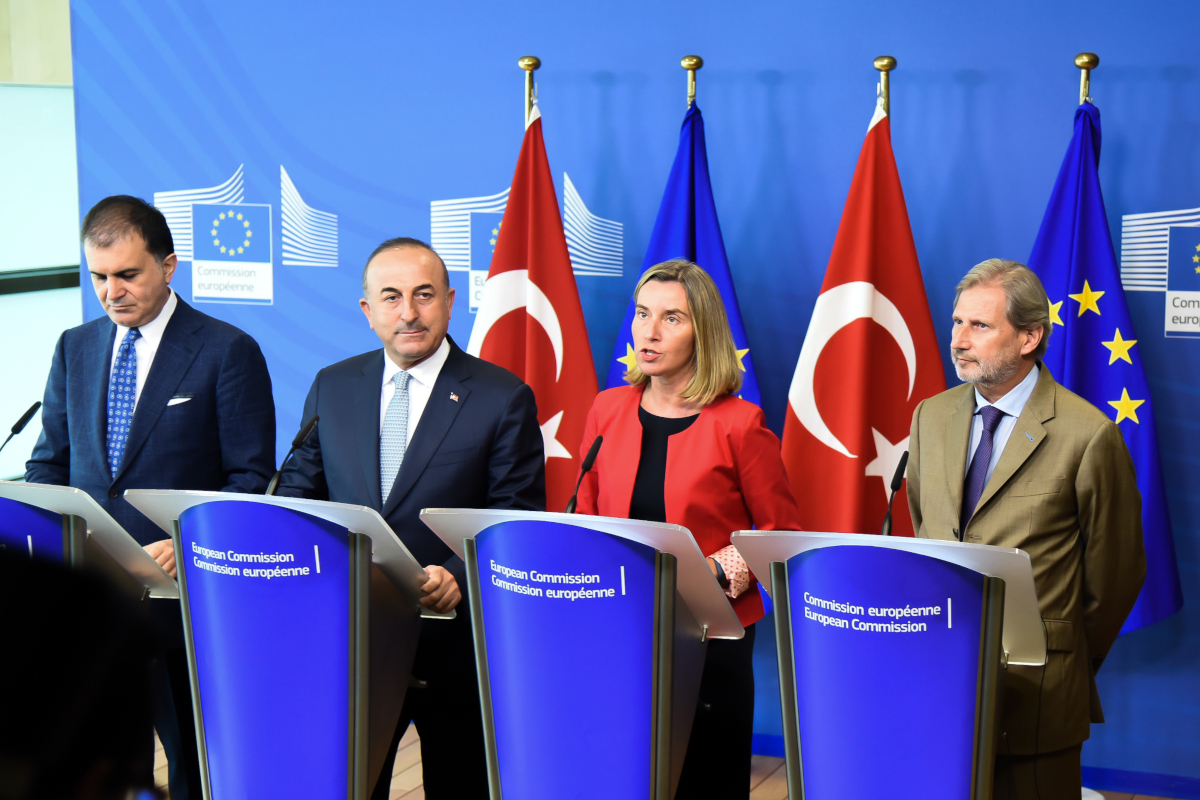
Netherlands liable for human rights violations in Greek refugee camps
Press released issued by Boat Refugee Foundation on 20 March 2023.

EU: Member states ponder blanket police surveillance of ferry, rail and bus passengers
Legislation is incoming to step up surveillance of air travel, and the possibility of extending the scheme to ferry journeys has been raised in the Council. The Presidency is concerned about delaying the air passenger surveillance plans but has set out options for maritime transport, whilst proposing the Commission launch a study on the surveillance of international bus and coach travel.
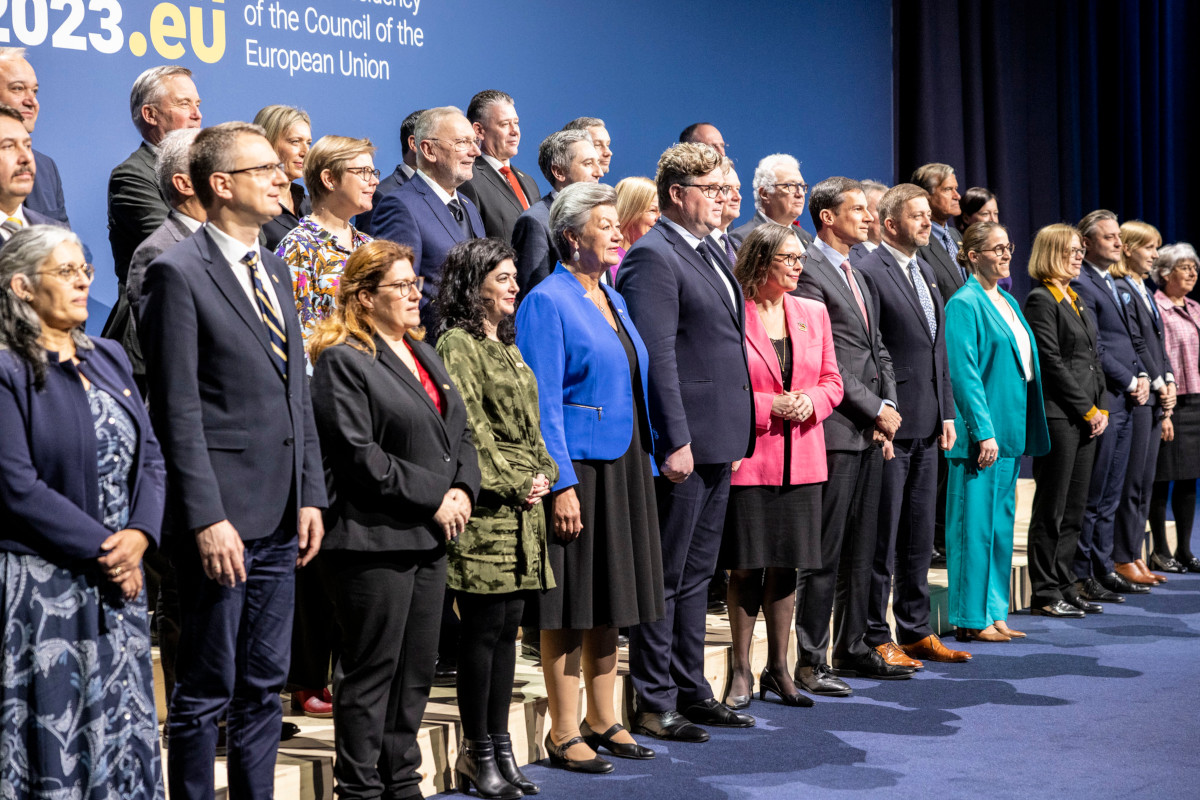
Border externalisation needs “whole-of-government approach” says Swedish Presidency
The Swedish Council Presidency has reiterated the longstanding call for “a true whole-of-government approach and sustained engagement” at all levels to implement EU plans to externalise migration and border control, in a document setting out plans to follow up on European Council conclusions agreed in February.
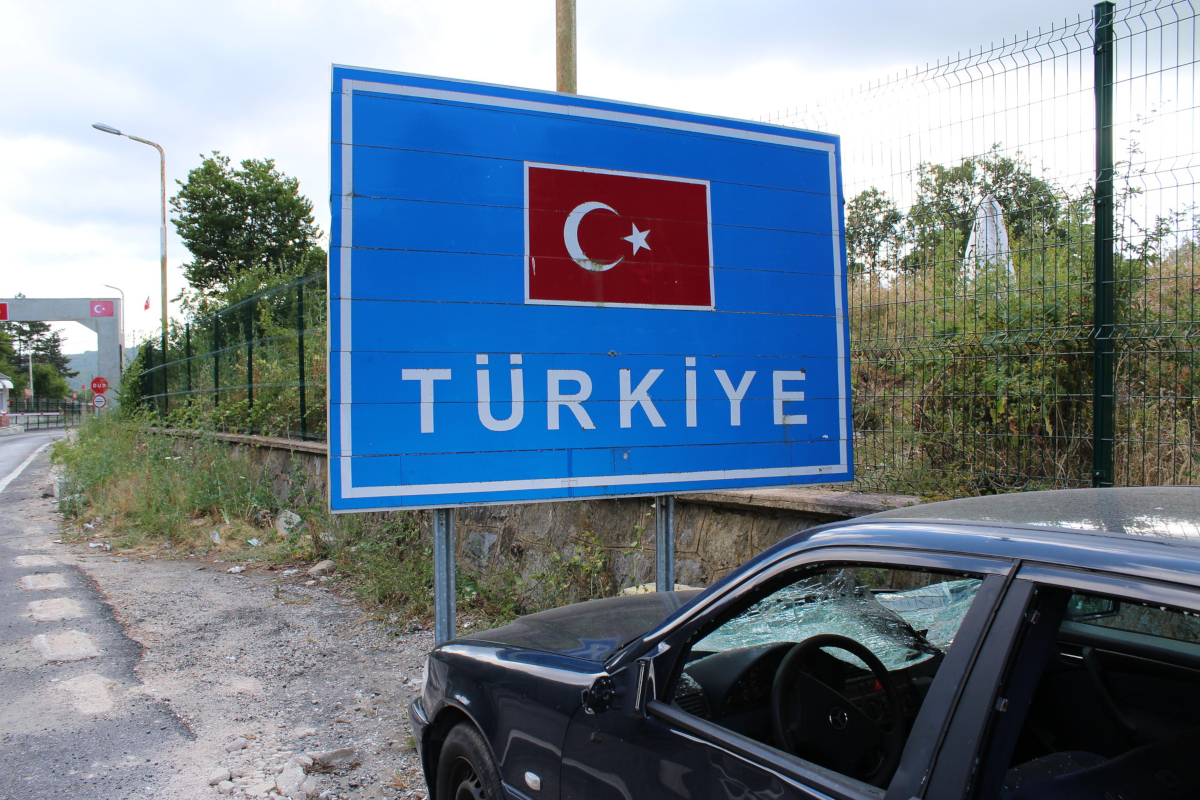
Von der Leyen letter: "key border between Bulgaria and Türkiye" is first target for €600 million fund
The European Commission is about to make €600 million available to "substantially support Member States with border control and technological equipment," and "a first objective" for that money "would be the key border between Bulgaria and Turkiye," says a letter to the European Council from Commission President Ursula von der Leyen.
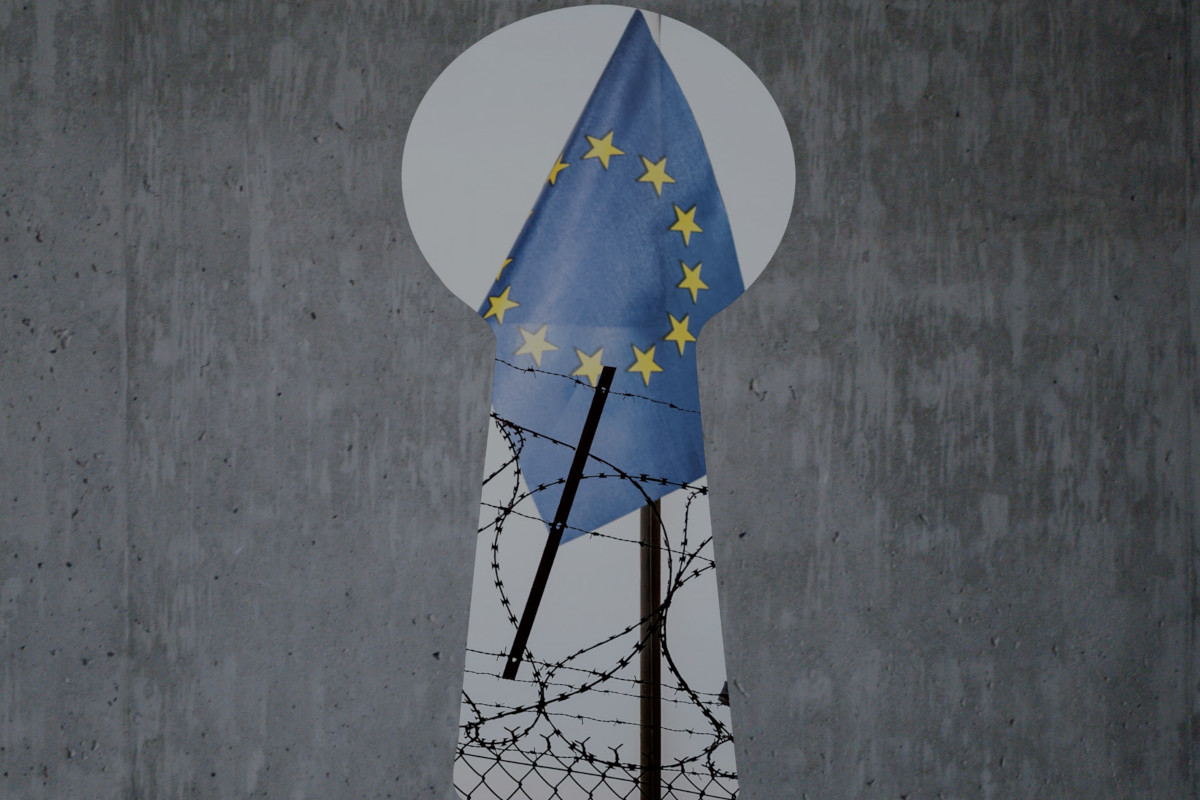
European interior ministers agreed new deportation scheme in secret
European interior ministers signed a secret joint statement in February last year that committed EU and Schengen states to increase financial and material support for deportations from the Balkans, increasing the region’s role as a migration “buffer zone”, a report published today by Statewatch and the Heinrich Böll Stiftung reveals.
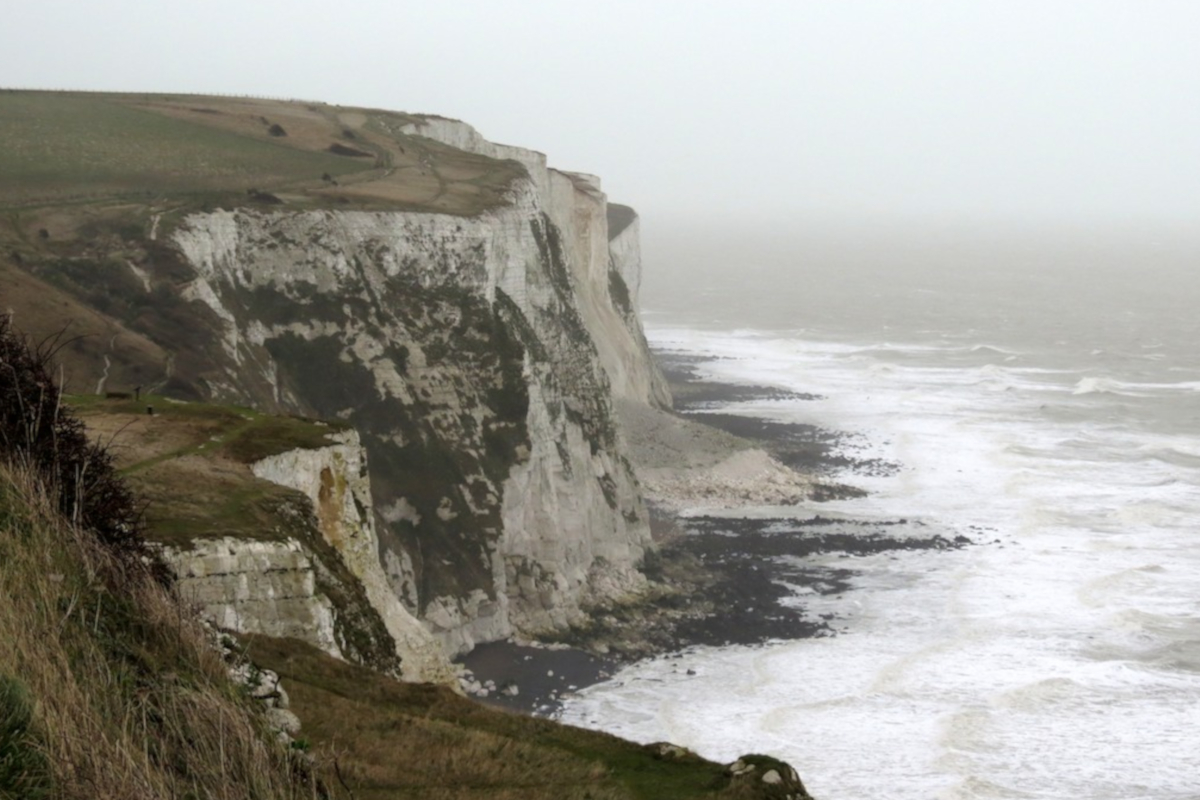
UK asylum plans could end police and judicial cooperation with the EU
The UK government's latest attack on refugees, described as "a clear breach of the Refugee Convention" and seemingly incompatible with the European Convention on Human Rights, could lead to the EU terminating parts of the Trade and Cooperation Agreement.

The externalisation of migration policies to the South is not the solution to the structural crisis of reception in the North
Statement published to coincide with the Justice and Home Affairs Council meeting of 9 and 10 March, calling for an end to repressive migration policies and "a return to Europe's founding values of solidarity and respect for the law". Signed by 16 organisations, including Statewatch.

EU: Simplify visa suspension to limit asylum applications, says Swedish Presidency
The Swedish Council Presidency says there is an “evident” need to revise the EU’s visa suspension mechanism due to “a near-record number of asylum applications in 2022” from citizens of visa-free countries and an “extremely cumbersome” process for removing countries from the visa-free list.

France: Proposed Olympic surveillance measures violate international human rights law
Civil society public letter on the proposed French law on the 2024 Olympic and Paralympic Games condemns a legal proposal to deploy algorithmic surveillance cameras in public spaces. The law would make France the first EU country to explicitly legalise such practices, violate international human rights law by contravening the principles of necessity and proportionality, and pose unacceptable risks to fundamental rights, such as the right to privacy, the freedom of assembly and association, and the right to non-discrimination.

EU: Note on state of play with current justice and home affairs legislative proposals
Last week the Swedish Presidency circulated a note to member states setting out the state of play with the 37 current justice and home affairs legislative proposals that are under negotiation.

UN migration data kept from the public but delivered to EU border externalisation body
In January, representatives of the International Organization for Migration (IOM) and UN refugee agency (UNHCR) gave presentations to a new EU body launched last year to propel the externalisation of migration policies. The presentations included multiple facts and figures that are no longer made public, and the UNHCR called for the UNHCR and EU member states to align their communications strategies, “without concealing challenges.”

New technologies having devastating impact on rights in counter-terrorism policy, says UN Special Rapporteur
"New technologies, particularly digital technologies, are transforming the ways in which human rights are impeded and violated around the world," says a damning new report by the Special Rapporteur on the promotion and protection of human rights and fundamental freedoms while countering terrorism, Fionnuala Ní Aoláin. The report "addresses the intersection of counter-terrorism and preventing and countering violent extremism with the use of new technologies," and condemns "the elevation of blinkered security thinking that has accompanied a particularly restrictive approach to countering terrorism".
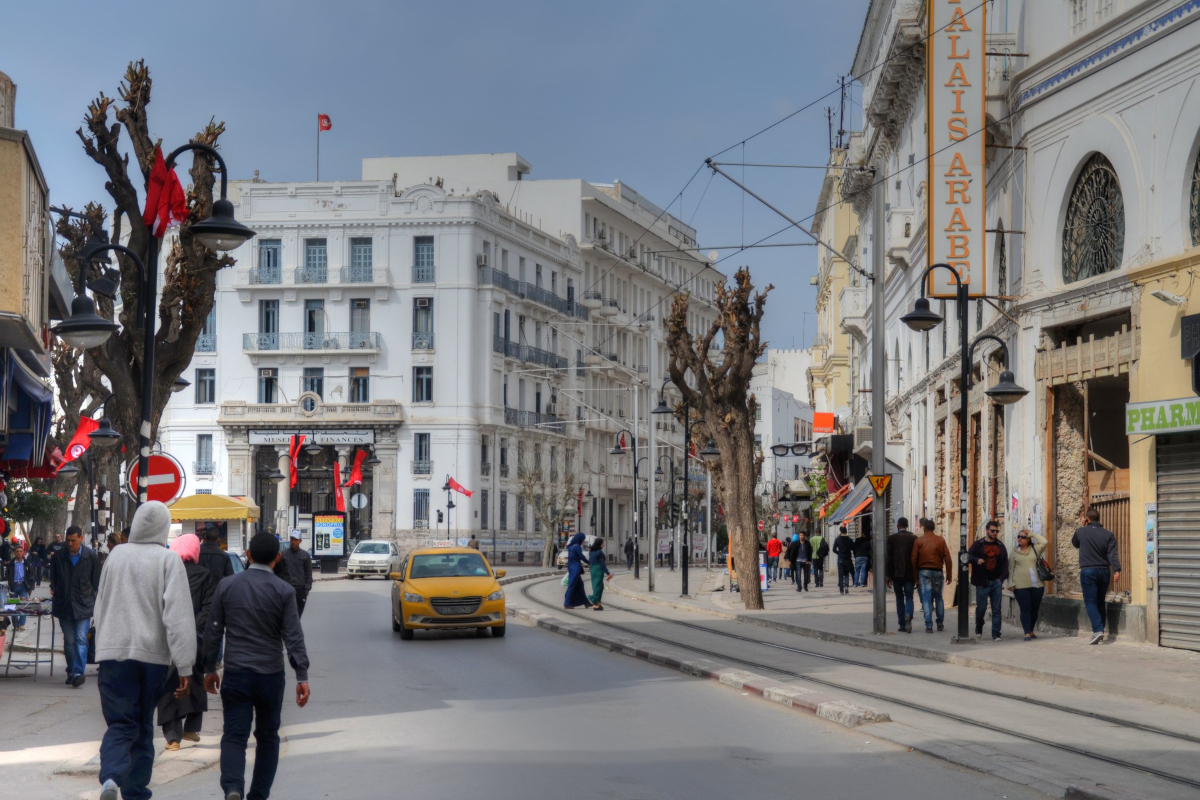
Statement against the racist and securitarian drift in Tunisia: Call for action and solidarity
A statement circulated amongst Migreurop members and others by the Fédération des Tunisiens Citoyens des deux Rives (FTCR). Statewatch is a signatory. A demonstration will take place outside the Tunisian embassy in Paris on Friday 3 March.
Spotted an error? If you've spotted a problem with this page, just click once to let us know.